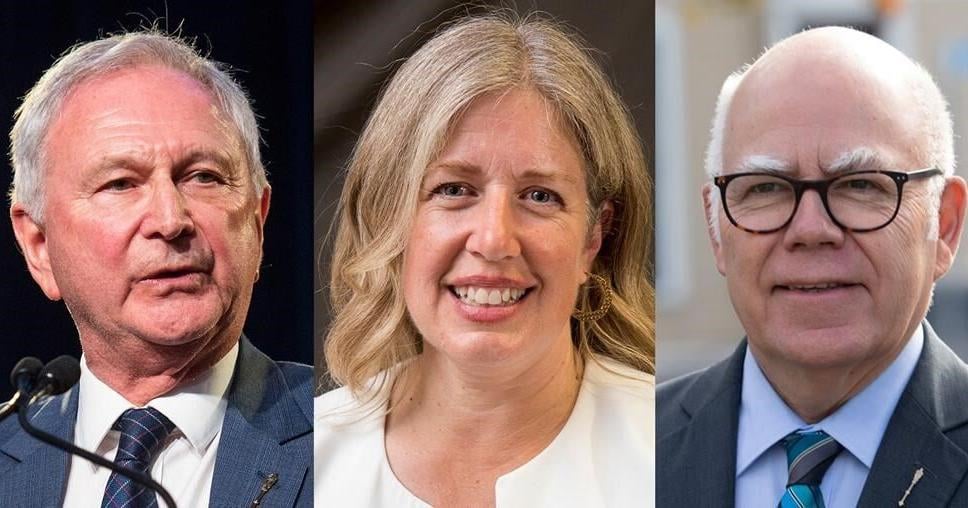VANCOUVER – Supervised injection sites are saving the lives of drug users everyday, but the same support is not being offered to people who inhale illicit drugs, the head of the BC Centre for Excellence in HIV/AIDS says.
Dr. Julio Montaner said the construction of Vancouver’s first indoor supervised site for people who inhale drugs comes as the percentage of people who die from smoking drugs continues to climb.
The location in the Downtown Eastside at the Hope to Health Research and Innovation Centre was unveiled Wednesday after construction was complete, and Montaner said people could start using the specialized rooms in a matter of weeks after final approvals from the city and federal government.
“If we don’t create mechanisms for these individuals to be able to use safely and engage with the medical system, and generate points of entry into the medical system, we will never be able to solve the problem,” he said.
“Now, I’m not here to tell you that we will fix it tomorrow, but denying it or ignoring it, or throw it under the bus, or under the carpet is no way to fix it, so we need to take proactive action.”
Nearly two-thirds of overdose deaths in British Columbia in 2023 came after smoking illicit drugs, yet only 40 per cent of supervised consumption sites in the province offer a safe place to smoke, often outdoors, in a tent.
The centre has been running a supervised injection site for years which sees more than a thousand people monthly and last month resuscitated five people who were overdosing.
The new facilities offer indoor, individual, negative-pressure rooms that allow fresh air to circulate and can clear out smoke in 30 to 60 seconds while users are monitored by trained nurses.
Advocates calling for more supervised inhalation sites have previously said the rules for setting up sites are overly complicated at a time when the province is facing an overdose crisis.
More than 15,000 people have died of overdoses since the public health emergency was declared in B.C. in April 2016.
Kate Salters, a senior researcher at the centre, said they worked with mechanical and chemical engineers to make sure the site is up to code and abidies by the highest standard of occupational health and safety.
“This is just another tool in our tool box to make sure that we’re offering life-saving services to those who are using drugs,” she said.
Montaner acknowledged the process to get the site up and running took “an inordinate amount of time,” but said the centre worked hard to follow all regulations.
“We feel that doing this right, with appropriate scientific background, in a medically supervised environment, etc, etc, allows us to derive the data that ultimately will be sufficiently convincing for not just our leaders, but also the leaders across the country and across the world, to embrace the strategies that we are trying to develop.” he said.
Montaner said building the facility was possible thanks to a single $4-million donation from a longtime supporter.
Construction finished with less than a week before the launch of the next provincial election campaign and within a year of the next federal election.
Montaner said he is concerned about “some of the things that have been said publicly by some of the political leaders in the province and in the country.”
“We want to bring awareness to the people that this is a serious undertaking. This is a very massive investment, and we need to protect it for the benefit of people who are unfortunately drug dependent.” he said.
This report by The Canadian Press was first published Sept. 18, 2024.
























